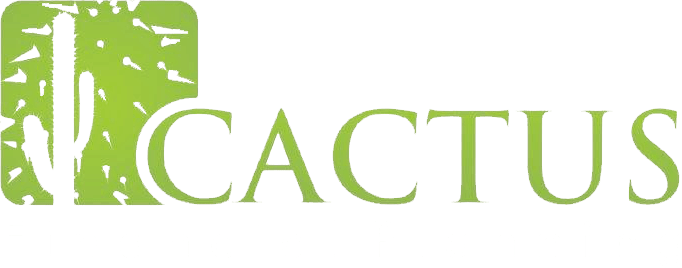
Purpose in life gives you a sense of direction and provides meaning. Having a purpose can improve your wellbeing throughout life, and it’s no different when you’re in retirement. Understanding what your purpose is can make the next chapter of your life more fulfilling.
One of the key elements of financial planning is marrying together your financial means with your goals.
Why is purpose so important at retirement? For many of us, our working life plays a central role in our purpose. The sense of pride you get when working or as you climb the career ladder can mean work becomes a way that we define ourselves. When we meet someone new, one of the first questions we usually ask is; what do you do?
We don’t mean how do you fill your free time with hobbies but how you make a living. As a result, our purpose in life and careers are often entwined for decades. When you retire, you can feel like you’ve lost your sense of purpose whilst you establish new goals and aspirations.
Once you reach retirement, you’ll probably have far more free time on your hands than you’ve ever had before. That means you need to ask yourself; what makes me happy?
Defining your purpose
When we think about retirement, it’s often what we’ll be getting away from that we focus on. Maybe you’re looking forward to avoiding rush hour traffic or tight deadlines. But by focusing on what you’re retiring to, you can start to think about your purpose.
There’s no one-size-fits-all purpose once you give up work. With more free time, you can start to focus on those areas that may have been put on the back burner because your career took up precious time. For some it could include:
- Spending time on your passion projects
- Devoting more time to family and friends
- Getting more involved in social activities and clubs
- Visiting new destinations
- Improving skills or learning something new
- Donating time or skills to charity
- Starting a business
For many people, their purpose in retirement is likely to be a combination of several different priorities. Clearly outlining what’s important to you in retirement can help you create plans and objectives, providing a sense of direction.
When imaging your ideal retirement, it’s easy to focus on the big things. Perhaps a once in a lifetime trip springs to mind. But the day-to-day is just as important; how will you fill your mornings, afternoons and evenings? The plans to spend weekends exploring the local area with grandchildren, afternoons honing your skills on the piano or evenings at a class with friends can help give you a sense of purpose.
Retirement is an opportunity to review what you want and your goals for the next stage of your life. After decades working to save for retirement, it’s well-deserved.
Funding your purpose
Whilst your purpose and goals should be at the centre of your retirement plans, money will clearly play a role.
As a result, it’s important to assess your purpose with your pension and other provisions in mind. Having confidence in your finances means you’re free to focus on what’s driving you and gives your life meaning. Putting together a financial plan might seem like a dull task but it’s one that can make your retirement years more enjoyable and relaxing.
After meeting with us, many people find they’re in a better financial position than they thought. It’s a step that gives them the confidence to pursue dreams without having to worry about whether they’ll run out of money in 20 years’ time. For those that find there’s a gap in their finances, there are often solutions or compromises that can be made to ensure they still have a meaningful and financially secure retirement.
Please call us to discuss your purpose for retirement and how your finances can help you achieve it.
Please note: A pension is a long-term investment not normally accessible until age 55. The fund value may fluctuate and can go down, which would have an impact on the level of pension benefits available.
